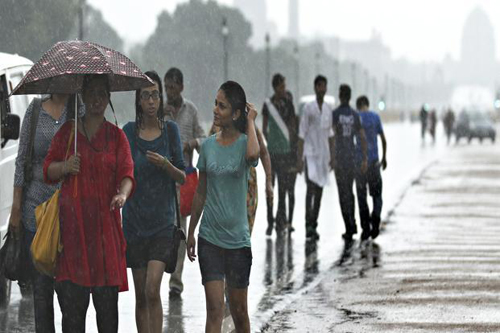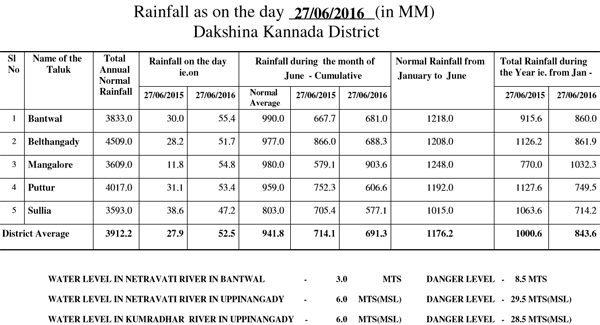Bengaluru, Apr 5: Chief Minister BS Yediyurappa on Saturday said the state government will double down for 100% compliance to the lockdown in the next 10 days, warning action against those found roaming the streets.
Dismissing reports of a shortage of ventilators, he said the state was bringing in reinforcements over the next few days and expressed relief that none of the Covid-19 patients of the state has required a ventilator so far.
"None of the Covid-19 patients are on ventilators; two of them require oxygen," Yediyurappa told reporters after he met ministers and MLAs of Bengaluru and apprised them of steps taken to fight the coronavirus pandemic.
The CM said the government had placed orders for 1,570 ventilators, of which 17 have been supplied and another 20 would arrive by next week. The government has also ordered 18.3 lakh N-95 masks, of which more than 4 lakh have been supplied. To ensure a steady supply of hand sanitiser, manufacturing licences have been issued to 36 pharma companies and 29 distilleries.
While the state readies the medical infrastructure, the CM urged the legislators, cutting across party lines, to ensure full compliance to the lockdown. "If people fail to cooperate with the government and respect the nationwide lockdown, there will be no option but to enforce it in a more stringent manner from Sunday," he said.
As people continue to crowd markets amid growing fears of a shortage of essentials, the CM reiterated that all measures have been put in place to get the supply chain moving.
He also assured that food will be provided to migrant workers and the poor. "There is enough stock of foodgrains and medicine in the state. The government has set a taskforce of ministers, 17 committees under additional chief secretaries, several helplines and a war room to fight the pandemic and they are all working round the clock," he said.
The government has also issued direction to authorities to provide rations to those who do not have BPL or APL cards. Since many people from other states have settled in Bengaluru and they don't have ration cards, we have taken this decision," Yediyurappa said.
On reports of many private hospitals being closed and refusing to treat patients, the CM said: "We have already warned private hospitals to remain open and provide treatment to patients failing which strict action will be initiated."
Kisan Nidhi, 2 months' pension by April 10
The CM said an installment of Rs 2,000 under PM Kisan Samman Nidhi Yojana and two months' pension under the various social security schemes will be credited to bank accounts of beneficiaries by April 10.
The process of crediting subsidy to 15 lakh beneficiaries under Ujjwala Yojana is on, he said.






Comments
this is also modi problem.
Add new comment